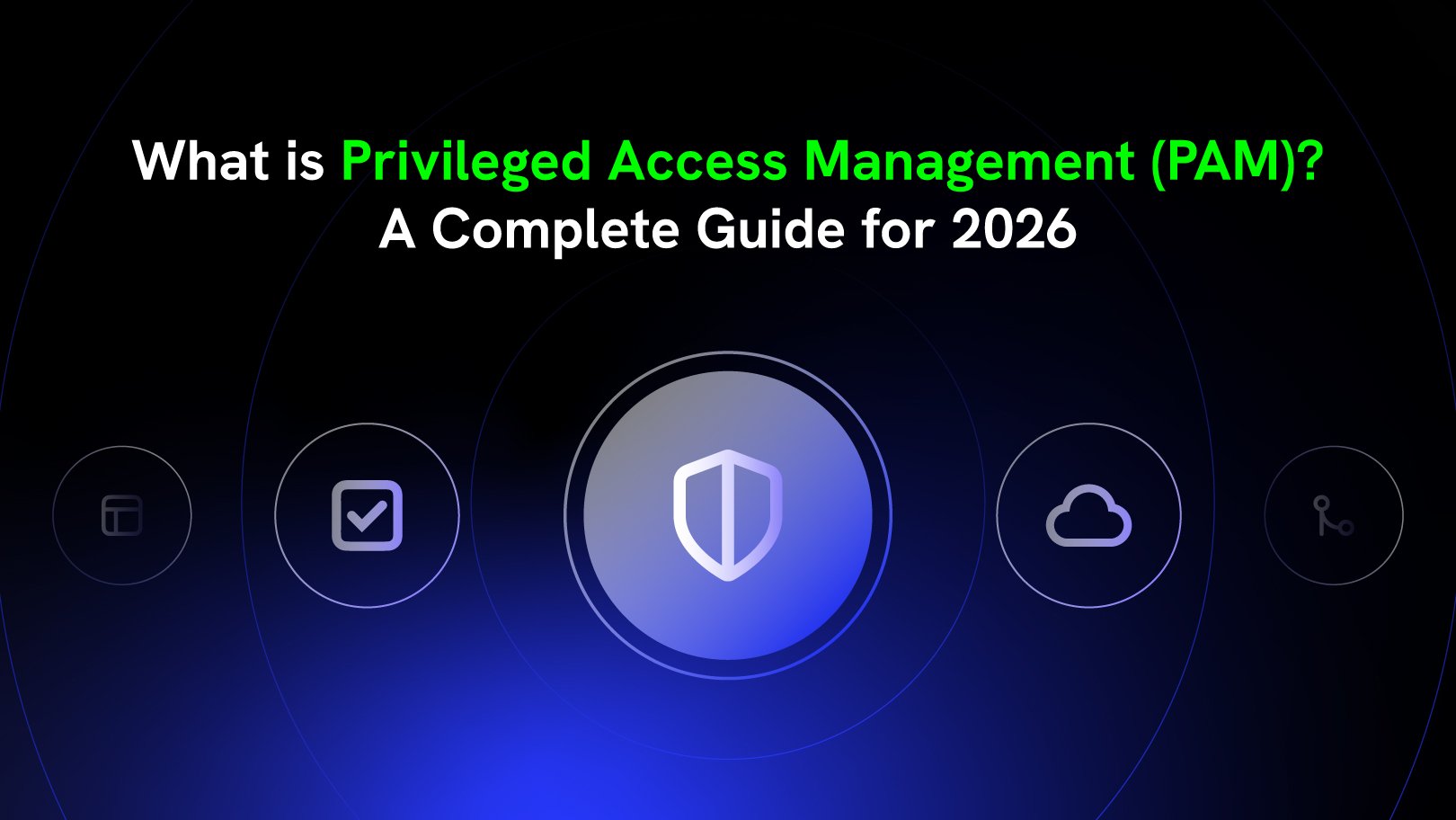Manual Processes Create Access Delays and Increase Risk
Manual processes that have been put in place around access, whether they are manual requests that need to be placed, manual approvals that need to be done by one or more people, or manual provisioning of access, create delays and interfere with patient care. They can lead to over-worked administrators taking shortcuts that can result in over-provisioning, mistakes in entering data, and creation of duplicate identities.
It’s important to analyze your current infrastructure to determine if a lack of agility or capabilities within your existing tools creates the need for manual processes. Are all these steps necessary? Can some of them be reduced or eliminated? Are joiners given a basic bundle of access and then have to request everything else they need? How can care providers get more of the access they need initially without placing a request that may sit at the end of the approval queue?
This is not to say that security controls should be reduced. Healthcare organizations have strict regulations that must be met. One of the requirements of HIPAA, for example, is an adherence to the principle of least privilege, in which users are only given the access needed to do their jobs and nothing more.
Without technical controls, you’re essentially relying on people to be your security controls – and people make mistakes.











